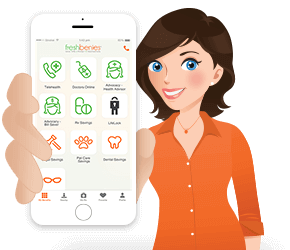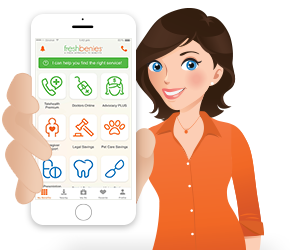4 TIPS TO IMPROVE YOUR SLEEP
Do you find your mind turning at night when you need to be resting? We’ve all experienced this from time to time. Maybe it was in the middle of a big project at work, or while dealing with a stressful family issue (like your unpredictable teenager). But, if it’s an ongoing problem, you should take it seriously. Not getting enough rest impacts your health — and your creativity! I emailed a doctor to get some tips on improving sleep patterns, and here’s what I learned.
1. Routine is your friend.
That’s right, it’s not just kids who need bedtime rituals. Winding down your evening in the same manner each night can train your brain to prepare for rest. Maintaining a regular schedule by going to bed and waking up around the same time every day is a routine your body really needs. Our bodies have amazing muscle memory and our rhythms of sleep are no exception to this phenomenon. So if you’ve recently struggled with more wakefulness, consider your current patterns. Have they changed? Is there any variance in the time you are going to bed or getting up in the morning? Are you exercising, working or eating on a different schedule – maybe later in the day? Keeping a journal or using a sleep tracker/monitor is a reliable way to track what impacts your rest and find your optimum pattern.
2. Diet matters – like always!
What we eat and drink affects our rest. Too much caffeine, nicotine or alcohol can cause sleep problems. Some of these may tend to make you sleepy initially (particularly alcohol). But as your body begins to metabolize what you’ve consumed while sleeping, it can do the reverse causing disrupted sleep. Spicy foods and heavy meals in the evening can have the same effect. As we age, what didn’t bother us before can become more problematic. So take an inventory of your diet and track your consumption time. If needed, adjust how late in the day you consume caffeine or other stimulants. And remember, that late night sweet tooth that makes you reach for your favorite chocolate…yep, it has caffeine!
3. Catch some rays, REAL ones, and at the right time.
There’s no doubt the amount of exposure we get to the actual sun versus artificial light has changed significantly over the last generation. Experts say both the decrease in natural sunlight and the increase in artificial light from screens and light bulbs are contributors to sleep disturbances. Our natural body clock no longer relies on our surroundings to determine the time of day. At any hour, we could be watching TV, using the computer, or looking at a phone screen. And during the day, most of us are indoors working, which means we are not getting optimum sunlight exposure. How much should we get? Research indicates 30 – 60 minutes of solar light around noon is best. But any time in the early afternoon is better than later in the day if you are having trouble catching your ZZZs.
4. Try some de-stressing techniques.
If you know you’re experiencing added anxiety, it’s a good idea to try some extra steps to relax. Some people report light yoga in the evening helps their mind and body shrug off the tensions of the day. If you’re a grinder, try eating an apple before bedtime to give your jaw a workout. If it’s a serious problem, consider getting fitted for a mouth guard. This saves your teeth from damage and prevents your body from waking because you’re in pain. Other ideas worth a try are soaking baths, lavender scents, and a snuggle with your favorite pet :-)
Now it’s your turn! How have you conquered the 2am mind churning to get yourself back into a healthy sleep pattern? Tell me what worked for you. Comment below or email me at jeanette@freshbenies.com.
















